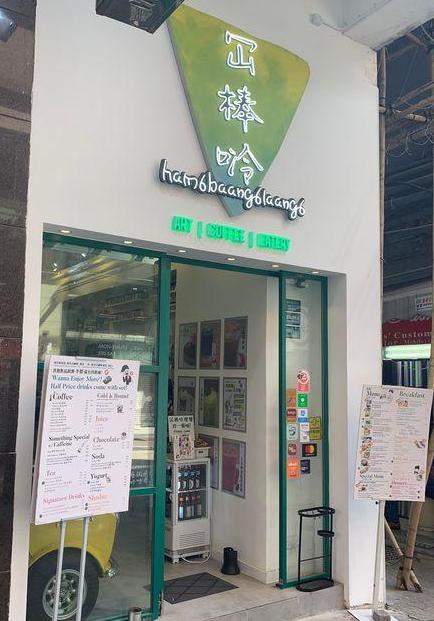Ablative acting as locative in an Inner Mongolian Mandarin topolect
Yuqing Yang, a first-year MA student in our department, was talking to Jingran Joy Luo, another first year MA student in our department, when she noticed something special in Joy's manner of speech. Namely, Joy used the ablative particle cóng 从 as a locative. Normally, the locative is indicated by zài 在 in Mandarin.
Joy is from Baotou, which has the largest population (2,650,364 [in 2010]) of any city in Inner / Southern Mongolia. Joy was totally oblivious to this special usage of hers until Yuqing pointed it out to her. Although the ablative can be used as the locative in Joy's Baotou Mandarin, a certain criterion has to be met. That is, there must be an option where the action one is planning will take place.
Read the rest of this entry »
